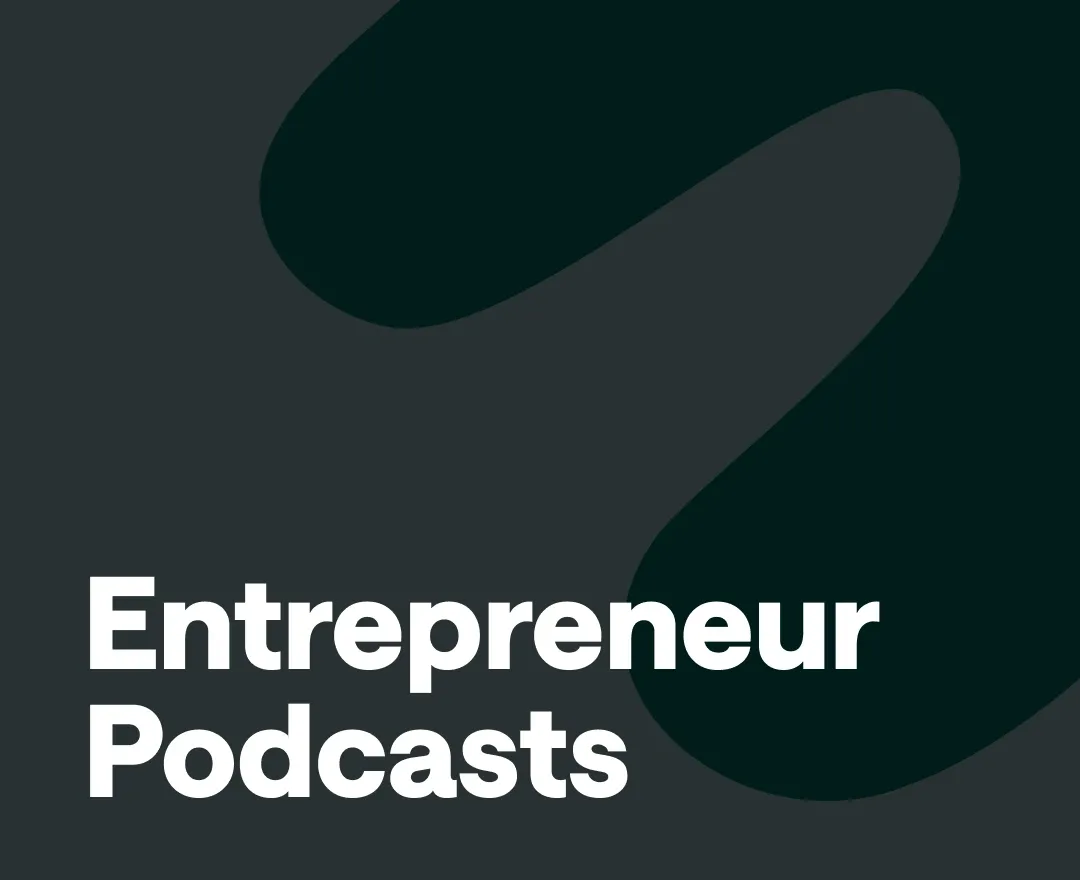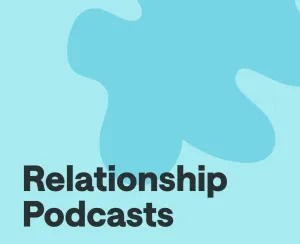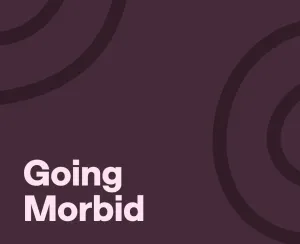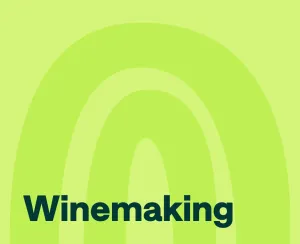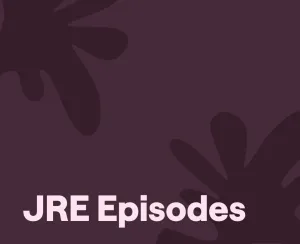Staying informed and inspired is crucial for success. Entrepreneurs need a steady stream of insights, strategies, and motivation to thrive in the ever-evolving business landscape. That's where podcasts come into play!
The podcasting realm has continued to expand, bringing forth a diverse array of shows tailored to the needs and interests of entrepreneurs. Whether you're a seasoned business owner or someone just embarking on an entrepreneurial journey, there are podcasts to provide you with the guidance and inspiration you seek.
We've curated a list of the "20 Best Podcasts for Entrepreneurs in 2025". These podcasts cover many topics, from startup strategies and industry insights to personal development and success stories. Let's explore each of them.
Why Entrepreneurs Need to Listen to Podcasts
Entrepreneurs often juggle multiple responsibilities and face unique business challenges. They must find effective ways to stay informed, motivated, and inspired amid their hectic schedules. One powerful tool that can help entrepreneurs in this regard is podcasts.
Podcast content often features experts, industry leaders, and successful entrepreneurs as guests. These individuals share their experiences, knowledge, and strategies, allowing entrepreneurs to learn from their successes and failures.
But there are more benefits of listening to podcasts. One of the charms of podcasts is they can be consumed while multitasking. Entrepreneurs can listen during their commute, while exercising, or during downtime. Many podcasts are also free, making them accessible to entrepreneurs on a budget.
In terms of personal growth, entrepreneurs can learn specific skills or strategies related to entrepreneurship, such as marketing, sales, leadership, or finance. They help entrepreneurs build problem-solving skills and personal growth.
Not to mention that many podcast speakers hear the latest news in various industries. Entrepreneurs can monitor upcoming trends, market changes, and emerging technologies, including discovering customer preferences and pain points.
20 Best Podcasts for Entrepreneurs in 2025
Here is a list of the ten best podcasts for entrepreneurs that you can listen to this year. They are available on podcasting platforms like Spotify, Apple Podcasts, and Wondery Network.
1) The GaryVee Audio Experience
The GaryVee Audio Experience is a fantastic podcast by the well-known entrepreneur Gary Vaynerchuk. This podcast is a source of knowledge, covering various topics on entrepreneurship, marketing, business strategies, and personal development.
What's neat about it is this interactive bit called #AskGaryVee. As a listener, you can send in your burning questions, and Gary dishes out these honest and incredibly informative answers. They also bring in some top-notch industry experts for interviews.
You can easily stream or download episodes from popular podcast platforms such as Apple Podcasts and Spotify, with new episodes airing almost daily.
2) Smart Passive Income
Smart Passive Income is a well-established entrepreneurship podcast boasting a longstanding presence. It caters specifically to content creators and online business proprietors, making it a valuable resource for individual entrepreneurs.
Hosted by Pat Flynn, a notable entrepreneur, the podcast features interviews with accomplished marketers, YouTubers, and entrepreneurs who share their insights on effective business strategies. What sets this podcast apart is it provides a relaxing and welcoming atmosphere, making it conducive to comprehending complex subjects.
As a recipient of multiple awards, "Smart Passive Income" is particularly beneficial for internet entrepreneurs seeking to thrive in the digital age. Listeners can anticipate new episodes being released on Wednesdays and Fridays, ensuring a regular dose of insightful information and inspiration.
3) StartUp
Alex Blumberg and Lisa Chow are fantastic people as the co-hosts of StartUp. This podcast places a spotlight on startups and their visionary founders. It adopts a format where each episode is dedicated to dissecting a single business, unearthing valuable lessons along the way.
StartUp presents these stories in a documentary style using a storytelling approach. The hosts guide their audience through the real-world trajectories of these businesses, sharing practical insights on crafting business plans and navigating workplace conflicts.
Lisa Chow's contributions to the podcast add a distinctive dimension, making StartUp stand out as one of the premier resources for female entrepreneurs. It offers unique perspectives and inspiration for women in the entrepreneurial sphere. You can visit Spotify and StartUp's website to listen to this podcast.
4) How I Built This with Guy Raz
How I Built This stands out as a relatable and captivating podcast that delves into the intricacies of entrepreneurship. As the host, Guy Raz extends a warm invitation to business leaders, encouraging them to unveil the narratives behind their companies.
This unique format transforms the podcast into a narrative-driven experience, which empowers and ignites inspiration. The host directs his focus toward the innovative, entrepreneurial, and idealistic endeavors of some of the world's most remarkable businesses.
Listening to this podcast allows you to glean wisdom from the successes and setbacks of others. You can access "How I Built This'' on platforms like Wondery+ and the NPR website, ensuring easy availability. New episodes grace listeners' ears every Monday and Thursday.
5) The Tim Ferriss Show
The Tim Ferriss Show is a treasure trove of insights showcasing interviews with accomplished individuals from diverse domains. It claims the coveted position of the #1 business podcast on Apple Podcasts.
Tim Ferriss meticulously dissects the tactics, tools, and routines these high achievers employ to attain peak performance in their respective fields. Among the illustrious guests featured on the show are luminaries such as Arnold Schwarzenegger, LeBron James, Doris Kearns Goodwin, and more.
For easy access, you can tune in to "The Tim Ferriss Show" on various platforms, including Apple Podcasts and Spotify, where you'll explore a wealth of knowledge and inspiration from a diverse array of high-achieving guests.
6) HBR IdeaCast
HBR IdeaCast is a weekly podcast by Alison Beard and Curt Nickish featuring prominent thought leaders in the business and management arena. Owned by Harvard Business Review, this podcast is a valuable resource for professionals seeking insights into various aspects of business.
Beard and Nickish delve into various topics in each episode, offering guidance on driving sales, securing deals, team building, and sustaining family businesses. They address the critical aspects of networking and shed light on the common pitfalls that lead to the failure of startups.
Furthermore, HBR IdeaCast provides in-depth discussions on essential management issues, along with strategies to avoid common pitfalls. You can conveniently access HBR IdeaCast on major podcast platforms, with new episodes released every Tuesday.
7) Masters of Scale
If you want to know various stories from big company leaders, Master of Scale is a podcast to listen to. Its guests include prominent leaders from many industries, such as Bill and Melinda Gates, Richard Branson, and Phil Knight of Nike.
The show's host, Reid Hoffman, also the co-founder of LinkedIn, taps into his extensive network to connect with other accomplished entrepreneurs. The guests share their personal stories and the strategic insights that have propelled their companies to global prominence.
These discussions include leadership, strategic decision-making, and effective fundraising strategies. The guests also emphasize the pivotal role of proficient management in scaling a company.
Masters of Scale does not shy away from presenting the less glamorous side of entrepreneurship, offering valuable lessons from the failures and setbacks encountered by fellow business leaders. Furthermore, it releases new episodes twice a week.
8) Business Wars
As one of the most highly regarded business podcasts, Business Wars specializes in dissecting some of the most fierce and compelling corporate rivalries. It vividly illustrates how these rivalries have been instrumental in propelling certain companies to unprecedented heights of innovation.
The insights offered by Business Wars hold relevance for a diverse audience, given that most entrepreneurs inevitably confront formidable competition in their endeavors. Understanding corporate strategies and tactics is vital for business owners navigating these competitive landscapes.
The show's host, David Brown, masterfully weaves these narratives to ignite excitement and anticipation within the listener. With episodes clocking in at 30 minutes, Business Wars offers a compact yet insightful listening experience, delivering fresh content twice a week on Apple Podcasts and Wondery+.
9) Side Hustle School
Hosted by Chris Guillebeau, Side Hustle School is your go-to resource for swiftly establishing an additional income stream. Each episode of Side Hustle School offers a glimpse into entrepreneurs' journeys as they embark on their side hustle ventures.
You'll gain valuable insights into how these individuals navigated and triumphed over the challenges encountered on their entrepreneurial paths. Moreover, the podcast provides knowledge about businesses that can be launched with minimal capital investment.
Guillebeau employs a question-and-answer format, using listener inquiries as a springboard for in-depth discussions on pertinent entrepreneurial topics. One of the distinctive features is Guillebeau's firm belief that failures and setbacks are fertile ground for learning and growth.
10) This Week in Startups
If you plan to open an online business or are already running one, This Week in Startups can be your valuable source of insights. With a blend of expertise and humor, the podcast delivers the intricacies of launching and running online companies.
Hosted by Jason Calacanis and Molly Wood, it provides practical strategies for building and effectively managing remote teams right from the ground up. Its insights hold relevance for harnessing the power of the internet for your business.
This engaging weekly podcast informs you about the latest developments in the startup world and furnishes actionable steps to fuel your entrepreneurial journey. With new episodes released almost daily, ensure you stay abreast of the dynamic startups and are accessible on major podcast platforms.
11) My First Million
Hosted by Sam Parr and Shaan Puri, "My First Million" is a top-rated business podcast that explores the innovative strategies and unconventional wisdom behind some of the world's most successful entrepreneurs and companies. In each episode, the hosts delve into a variety of business topics, from identifying emerging market trends and opportunities to dissecting the tactics used by industry disruptors and innovators.
12) Land of the Giants
From the minds at Vox Media and Recode comes Land of the Giants, a podcast that takes you on a journey through the history of the tech giants who have reshaped our world. In each season, the podcast explores one of the many tech giants currently out there, like X (formerly Twitter), Apple, Facebook, or Tesla, discussing powerful takeaways and lessons for just about any curious mind to pick at.
13) The Business Brew
Unlike other entrepreneur podcasts out there, The Business Brew distinguishes itself by providing an in-depth exploration of the thought processes and analytical frameworks employed by investors and business leaders.
The show emerged thanks to host Bill Brewster, who, dissatisfied with the preponderance of prepackaged content in the podcast landscape, set out to create a show that offers authentic and original insights through candid conversations with industry experts. As such, The Business Brew is a go-to for valuable perspectives that are both enlightening and actionable.
14) Business Breakdowns
Business Breakdowns takes listeners on a deep dive into the inner workings of public stocks and private businesses, Through meticulous research and interviews with industry veterans, investment professionals, and corporate executives, you'll uncover the stories behind each company's success.
The show also presents both bull and bear cases for each company, providing listeners with a balanced perspective, making this podcast an invaluable resource for investors and business enthusiasts seeking to understand what makes businesses thrive.
15) Acquired Podcast
The Acquired Podcast has established itself as a leading voice in the business world, boasting over 700,000 listeners per episode and consistently ranking as the #1 podcast on both Spotify and Apple Podcasts. The show's mission is to uncover the stories and strategies behind the world's most remarkable companies, offering invaluable lessons for founders, operators, and investors alike.
16) The Strategy Hour
Whether you're a creative, consultant, coach, or service provider, The Strategy Hour podcast is here to help you build the online business of your dreams. Hosted by Boss Project Co-Founder & CEO Abagail Pumphrey, this bi-weekly show is packed with actionable tips and tricks for marketing, finance, and many other challenges that come with running a business.
17) The Goal Digger
Jenna Kutcher is on a mission to redefine success, and she wants you to join her. In The Goal Digger Podcast, this New York Times best-selling author and self-made millionaire shares the tips and tricks that helped her escape the 9-5 grind and build a thriving business. With 100 million downloads and counting, this podcast is a must-listen for anyone looking to turn their passion into profits.
18) Pivot Podcast
Every Tuesday and Friday, Recode's Kara Swisher and NYU Professor Scott Galloway deliver sharp, unfiltered insights into the biggest stories in tech and business on the Pivot Podcast. Known for their bold predictions, winner and loser picks, and lively banter, Swisher and Galloway bring a unique perspective to the world of technology and its impact on society. With their extensive knowledge and experience, the hosts provide listeners with an insider's view of the industry, offering critical analysis and thought-provoking discussions.
19) Entrepreneurs on Fire
Entrepreneurs on Fire is an award-winning podcast hosted by John Lee Dumas, featuring inspiring interviews with successful entrepreneurs. With over 2,000 episodes to date, the show has welcomed notable guests such as Pat Flynn, Seth Godin, Tim Ferriss, Tony Robbins, and Gary Vaynerchuk.
Designed for entrepreneurs, side-preneurs, solo-preneurs, and small business owners, Entrepreneurs on Fire provides valuable insights and strategies to help listeners along their entrepreneurial journey.
20) Startups for the Rest of Us
Starting a business can feel like a lonely journey, but it doesn't have to be. Startups for the Rest of Us is here to keep you company along the way. Host Rob Walling brings nearly two decades of experience to the table as he shares stories and lessons from successful founders who have been in your shoes.
Takeaway
There you have it! A list of some of the best podcasts you can listen to enrich your knowledge on entrepreneurship. There are still a lot more options that you can explore, such as Mixergy and The Prof G Pod.
They offer a convenient way to learn from industry leaders, innovators, and fellow entrepreneurs. You can tune in to these podcasts to nurture your entrepreneurial spirit while driving, exercising, or taking a moment to unwind.
Remember, success in entrepreneurship is a journey, not a destination. The best entrepreneurs are lifelong learners. These podcasts are your gateway to continuous growth and improvement.
|
|
Andre Oentoro is the founder of Breadnbeyond, an award-winning explainer video company. He helps businesses increase conversion rates, close more sales, and get positive ROI from explainer videos (in that order). |
